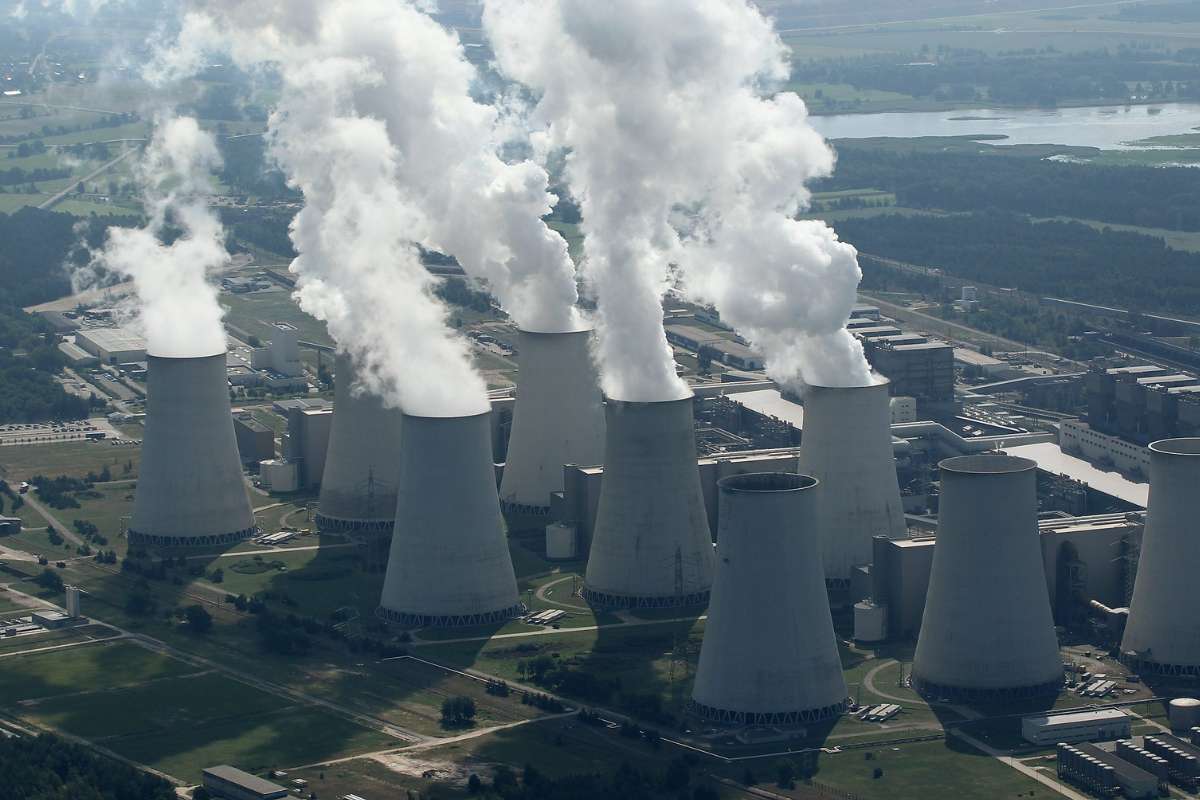Expanding Carbon Capture for Enhanced Oil Production
Occidental, a major player in the oil industry, is positioning carbon removal as the next big opportunity for fossil fuel production. The company, which aims to lead in climate technology, sees capturing carbon dioxide (CO2) emissions as essential for its future growth. Occidental acquired Carbon Engineering in 2023, a startup known for developing technologies that extract CO2 from the air. Through its subsidiary, 1PointFive, Occidental is building large-scale facilities in Texas using this technology. These projects have gained support from the Biden administration and major corporations like Amazon and Microsoft, which are striving to meet their climate targets.
However, Occidental’s approach, known as direct air capture (DAC), raises concerns. While DAC is marketed as a climate solution by storing captured CO2 underground to reduce atmospheric greenhouse gases, it doesn’t address the primary cause of climate change: the extraction and burning of fossil fuels. In fact, Occidental aims to use the captured carbon for enhanced oil recovery, a method that injects CO2 into aging oil fields to extract hard-to-reach reserves. During a recent earnings call, Occidental’s CEO, Vicki Hollub, emphasized that DAC is crucial for boosting oil production. She stated that the next wave of technological advancements could add 50 to 70 billion barrels of oil reserves through enhanced oil recovery using captured CO2.
Balancing Climate Goals and Fossil Fuel Growth
Occidental’s strategy to use captured CO2 for enhanced oil recovery highlights a complex dilemma. Although DAC could help reduce atmospheric carbon levels, using the captured CO2 to produce more fossil fuels contradicts the purpose of combating climate change. Hollub compared this approach to the fracking boom that revolutionized the US shale industry, suggesting that DAC could similarly transform oil production. She also mentioned discussing the business case for DAC with former President Donald Trump, who favors expanding fossil fuel production.
Despite recent declines in enhanced oil production, Occidental believes it can reverse this trend by utilizing captured CO2. However, DAC is an expensive process, costing hundreds of dollars per ton of CO2 removed. Its future largely depends on the continuation of tax incentives introduced during the Biden administration, which are uncertain under a potentially different political climate. Occidental’s first major DAC plant, Stratos, is set to begin operations in Texas this year, followed by a larger project at King Ranch, which received federal funding in 2023.
Corporate Climate Deals and Environmental Concerns
Occidental’s carbon removal ventures have attracted significant deals from tech giants. Microsoft agreed to purchase 500,000 metric tons of CO2 removal from 1PointFive, while Amazon committed to 250,000 metric tons from the first DAC plant. These agreements require the captured carbon to be permanently stored rather than used for more oil production. However, the success of these climate commitments depends on the commercial viability of DAC technology. If these projects fail, it could undermine corporate climate goals and divert resources from other effective emissions reduction strategies, such as transitioning to renewable energy sources.
Meanwhile, Occidental maintains its traditional fossil fuel business, positioning itself to benefit from both carbon removal and oil production. If DAC succeeds, the company stands to profit from capturing CO2 and using it to produce more fossil fuels. If not, Occidental can continue its core oil and gas operations, underscoring its strategic gamble on carbon removal as a means to sustain fossil fuel growth.












